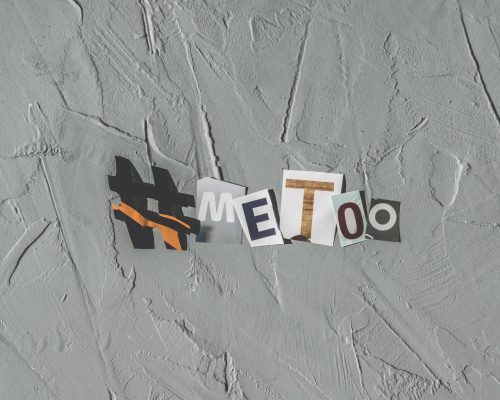#MeToo: The Psychology of Reporting Sexual Harassment Or Abuse on Social Media

#MeToo: The Psychology of Reporting Sexual Harassment Or Abuse on Social Media
The movement of countless individuals coming forward to publicly proclaim that, they too, have been sexually harassed or abused in their past is sweeping the nation. Each disclosure of sexual harassment or abuse triggers another. When one person discloses something difficult and/or extremely personal in a group, it often empowers others to do the same. In a therapy group, such disclosures make others feel that they are not alone, that they are in it together. For the individual, such disclosures under theses circumstances can be liberating and validating.
Risks of Disclosing Sexual Harassment Or Abuse
While it can be empowering to self-disclose for individuals, vulnerability can also come with risk of being invalidated. Indeed, the power differential and the fear of consequences contribute significantly to individuals withholding such experiences. When individuals share troubling experiences from their past, they can be ignored, minimized or denied by others, which can be re-traumatizing. Surprisingly, several of my clients who have had survived traumatic events have seemingly experienced more feelings around the individuals to whom they reported their abuse and those individuals’ responses than the actual perpetrator of the abuse. The responders’ invalidating responses can bring about feelings of self-blame and shame in the trauma survivor. Therefore, another’s rejection of the survivor reinforces or confirms their own feelings of self-blame and the thought that they could have done something to prevent what had transpired, even when such a thought process may be completely irrational.
Negative experiences around disclosure of traumatic experiences can keep the individual in a guarded, hyper-vigilant and mistrustful frame of mind. Many individuals avoid reporting abuse initially because of their fear that the authority figure may not believe them, will ignore them, will be angry with them, or will confront the abuser, which may only make matters worse.
What To Consider Before Posting Sexual Abuse Or Harassment On Social Media
All this being said, if you consider disclosing past harassment or abuse, I encourage you to be cognizant of the emotional safety of the environment or the people to whom you intend to disclose your trauma. While it can be liberating and a tremendously positive experience to unburden yourself from carrying a painful secret, for those considering doing so on social media, it is important to be mindful of the nature of social media and the potential impact of such disclosures on your psychological and emotional health. Should you ultimately decide to go social media public with your story, please ensure that you have taken steps to prepare yourself for any adverse emotional reactions within yourself or from others. Building a safe space for yourself to cope within a supportive relationship with a therapist or counselor can help minimize any negative effects or harm.
The Benefit Of Individual Therapy Or Group Therapy Prior To Sexual Abuse Disclosure
Even within the context of individual therapy or group therapy, which is far safer than virtually any other context, individuals who disclose their trauma can be triggered to experience a variety of symptoms such as anxiety, panic attacks and dissociation. Within certain types of treatments, therapists spend months focusing on building coping skills to ensure that clients will be able to manage the adverse reactions that may inevitably come from disclosing trauma. Other treatments focus on creating a predictable, consistent and supportive space in which clients can feel safe to experience whatever reaction comes from self-disclosure.
If you are in Nashville or the surrounding area, have experienced an unresolved past trauma, and you seek a supportive space, please do not hesitate to contact us at clientcare@nashvillepsych.com for individual or group therapy.
Take good care,
Dan Goldstein, PhD
Licensed Psychologist

